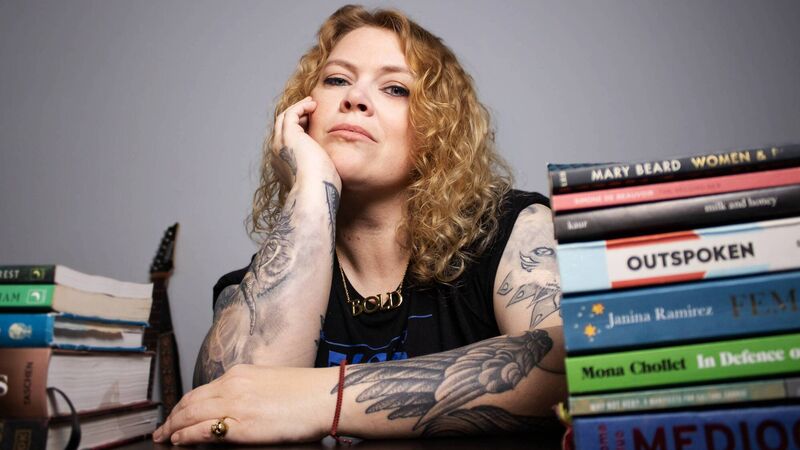Linda Coogan-Byrne on demanding change in music: 'A lot of female artists felt validated'

Linda Coogan-Byrne calls for a reckoning with structural sexism in the music world in her new book
Many years ago, music publicist, consultant and label manager Linda Coogan-Byrne didn’t think of herself as a feminist. But now she has published her first book, , which calls for a reckoning with structural sexism in the music world, as well as with other prejudices, like racism. To Coogan-Byrne, now a proud feminist, the issues seen in the music industry show us exactly what the wider world is dealing with on the road to equality.




